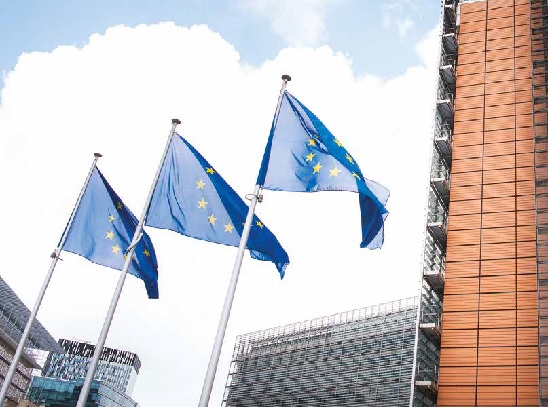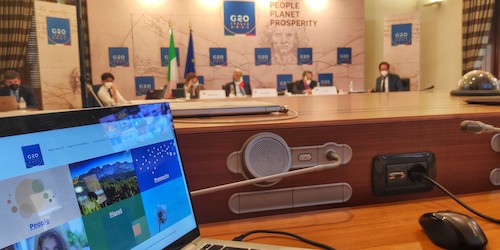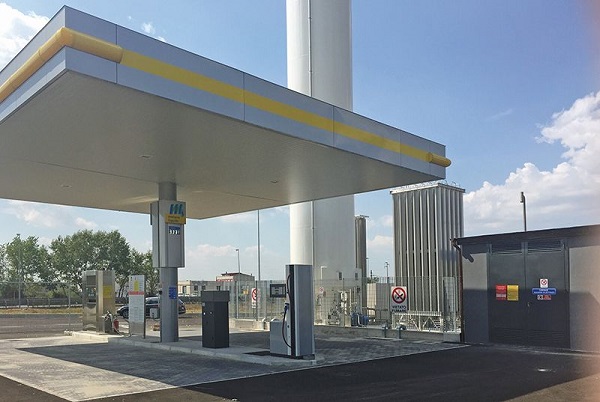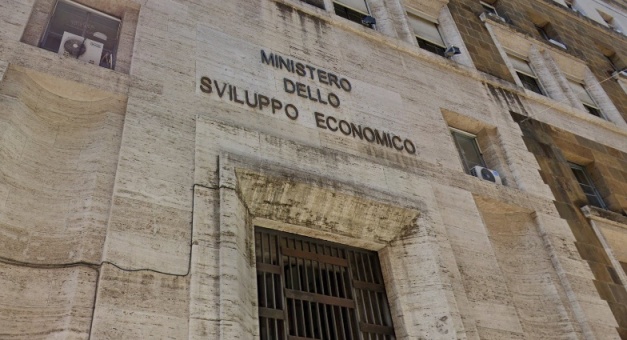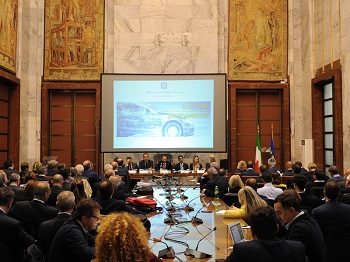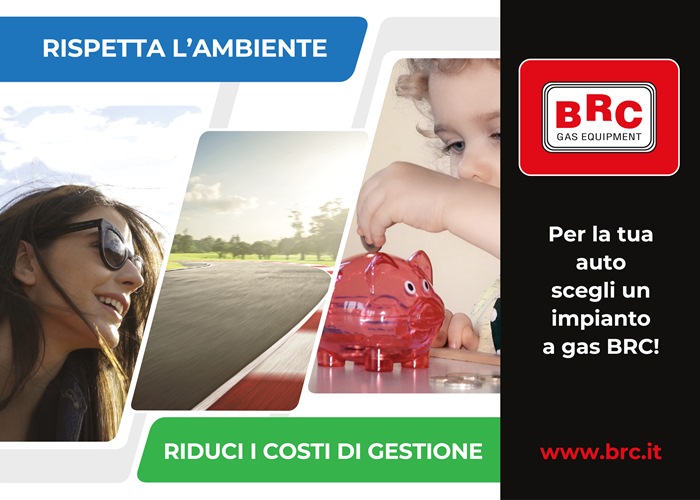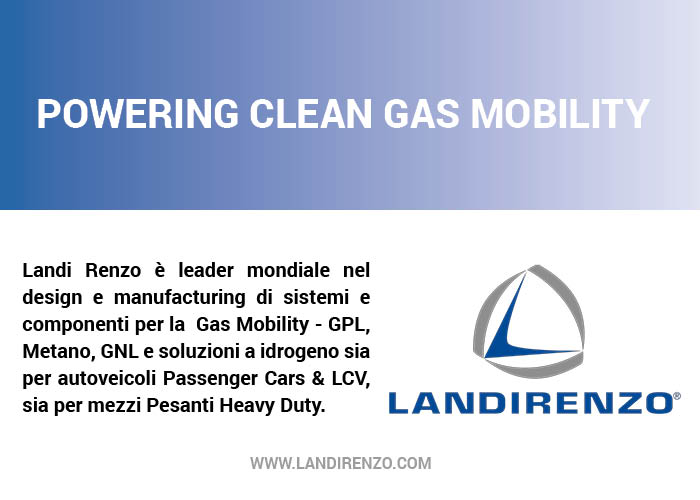The National Recovery and Resilience Plan (Pnrr) was presented to the European Commission at the end of April. This is a milestone: it is in fact the investment program prepared by the Government as part of the EU Next Generation, the tool to respond to the pandemic crisis caused by Covid-19. While we wait to know what it will translate into, let’s take a closer look at it. The Plan wishes to be the tool that, through a series of actions and interventions, aims to make Italy a more equitable, green and inclusive country.
A nation with a more competitive, dynamic and innovative economy, able to face environmental, technological and social challenges now and in the future. The overall strategy mobilizes more than 222 billion euros and supports 6 missions: Digitization, Innovation, Competitiveness and Culture (49.2 billions); Green Revolution and Ecological Transition (68.6 billions, the largest sum invested); Infrastructure for Sustainable Mobility (31.4 billions); Education and Research (31.9 billions); Inclusion and Cohesion (22.4 billions); and Health (18.5 billions).




